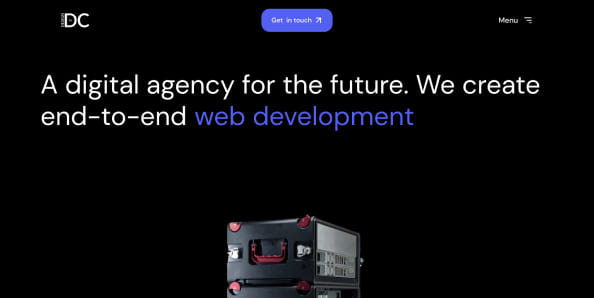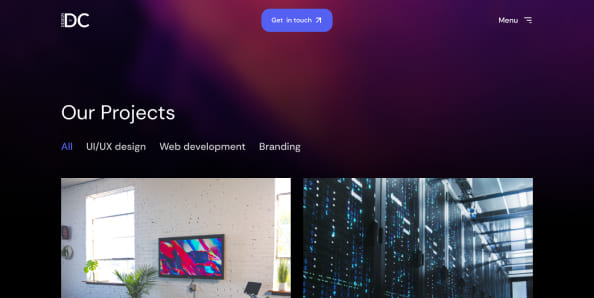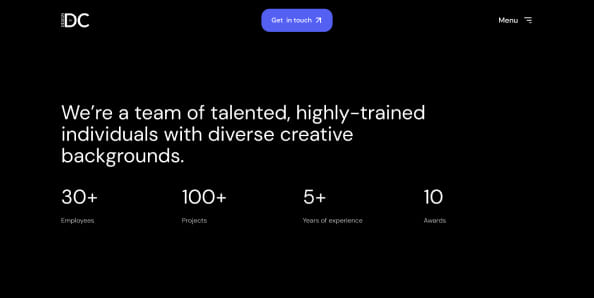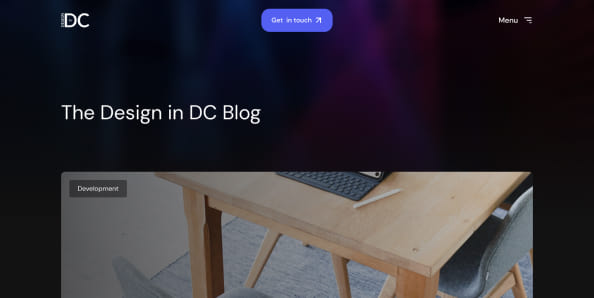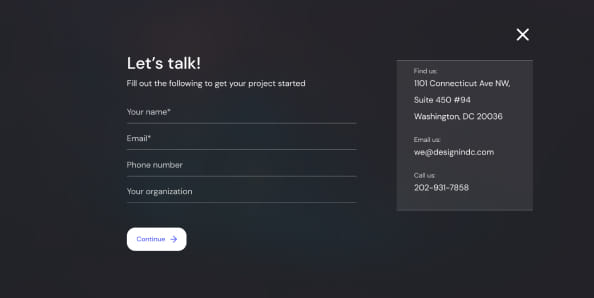SEO Basics: How to Optimize Your Website
Learn the Basics of SEO to Boost Your Online Presence
In today’s digital landscape, having a strong online presence is crucial for the success of any business or website. With millions of websites competing for attention, how can you ensure your content stands out?
This is where Search Engine Optimization (SEO) comes into play. Understanding SEO basics can drive organic traffic to your website, improve user experience, and amplify your brand visibility. This article explores search engine optimization with a basic SEO checklist to help you optimize your online presence.
Learn SEO Basics
Searching engine optimization (SEO) improves your website’s visibility and ranking on search engine results pages (SERPs). SEO aims to attract search engines to your website, thereby increasing the chances of users discovering it.
Using basic SEO knowledge and concepts increases the relevance and authority of your website. It also increases the likelihood of it appearing on the first page of search results.
Why is SEO Important?

SEO allows you to improve your website’s performance in several ways.
Drive Organic Traffic
One of the primary objectives of SEO is to drive organic traffic to your website. When users search for a specific keyword or phrase, search engines like Google use complex algorithms to determine which websites are most relevant to their query.
By optimizing your website for targeted keywords, you can increase your chances of ranking higher in search results and attracting organic traffic.
Improving User Experience and Usability
SEO is not just about keywords and rankings; it also focuses on enhancing the overall user experience. A well-optimized website does three things:
- Offers easy navigation
- Loads quickly
- Provides valuable content to users
Creating a positive user experience can increase the chances of visitors staying on your site, engaging with your content, and ultimately converting into customers or subscribers.
Build Trust and Credibility
When your website appears on the first page of search results, it automatically gains credibility and trust in the eyes of users. People tend to trust search engines and believe that the websites ranking higher are more reliable and reputable. Investing time and resources in SEO can build trust with your audience and establish yourself as an authority in your industry.
Amplifying Brand Visibility
With millions of websites competing for attention, making your brand stand out is crucial. SEO helps you improve your brand visibility by making your website more discoverable on search engines. When your brand consistently appears in search results, users become familiar with your name, increasing their likelihood of visiting your website and engaging with your content.
Understanding How Search Engines Work

What is the connection between your website and search engines, such as Google or Bing?
Crawling and Indexing
Search engines use automated bots (crawlers or spiders) to browse and discover new websites and pages. These crawlers follow links from one page to another, gathering information about the content and structure of each page. Once a page is crawled, it is added to the search engine’s index, which is essentially a massive database of web pages.
Ranking Algorithms
Search engines use complex ranking algorithms to determine the order in which websites appear on search results pages. These algorithms consider factors such as
- Keyword relevance
- Website authority
- User experience
By understanding these ranking factors, you can optimize your website to improve its chances of ranking higher in search results.
Search Engine Results Pages (SERPs)
When a user enters a search query, search engines display a list of results on the search engine results page (SERP). The SERP typically consists of elements such as
- Organic search results
- Paid advertisements
- Featured snippets
- Knowledge panels
- Local map packs.
By optimizing your website for search engines, you can increase your visibility on the SERP and attract more organic traffic.
How Keyword Research Is Relevant to Your Website
The Importance of Keywords
Keywords are the foundation of SEO. They are the words and phrases that users enter into search engines for information. By understanding what keywords your target audience is using, you can optimize your website to appear in relevant search results. Keyword research helps you identify your website’s most valuable and relevant keywords, ensuring you target the right audience.
Tools for Keyword Research
Various tools can help you conduct keyword research effectively. Google Keyword Planner and Ubersuggest are popular options that provide insights into search volume, competition, and related keywords. These tools can help you identify high-ranking keywords and uncover new keyword opportunities.
Long-tail vs. Short-tail Keywords
Keywords can be categorized into two types:
- Long-tail
- Short-tail.
Short-tail keywords are broader and more generic, while long-tail keywords are more specific and targeted. Long-tail keywords often have lower search volume but higher conversion rates. By targeting a mix of short-tail and long-tail keywords, you can attract a wider audience while reaching users with a higher intent to convert.
User Intent
User intent is the purpose or intention behind a user’s search query. Understanding user intent is crucial for keyword research because it helps you align your content with what users seek. Creating content matching the intent behind a search query can increase the chances of your website appearing in relevant search results.
On-Page SEO Elements
On-page SEO refers to the practices and optimizations implemented directly within a webpage to improve its search engine rankings and visibility. Elements include
- Optimizing content
- Meta tags
- URLs
- Internal linking
- Mobile-friendly experience.
Title Tags and Meta Descriptions
Title tags and meta descriptions are HTML elements that provide information about the content of a webpage. Title tags appear as the clickable headline on search engine results pages, while meta descriptions summarize the page’s content. By optimizing your title tags and meta descriptions with relevant keywords and compelling copy, you can increase the click-through rate from search results and attract more organic traffic.
URL Structure
The structure of your website’s URLs plays a significant role in SEO. A clear and descriptive URL structure helps search engines understand the content of a webpage and improves the user experience. Optimize your URLs by including relevant keywords and keeping them concise and readable
Content Quality and Keyword Optimization
Content is king when it comes to SEO. High-quality, valuable content attracts users and signals to search engines that your website is authoritative and trustworthy. Incorporate your targeted keywords naturally throughout your content, ensuring it flows smoothly and provides value to the reader
Image Optimization and ALT Tags
Images are essential to web content but can also impact your website’s SEO. Optimize your images by reducing their file size for faster loading times and adding descriptive ALT tags with relevant keywords. ALT tags not only improve accessibility for visually impaired users but also provide additional context to search engines.
Internal Linking
Internal linking refers to linking to other pages within your website. Incorporating internal links throughout your content can guide users to related articles or pages and create a logical site structure. Internal links also enable search engines to discover and index more of your web pages, improving your website’s overall visibility.
Off-Page SEO Elements
Off-page SEO refers to actions taken outside your own website to impact your rankings within search engine results pages (SERPs). Elements include
- Building backlinks from other reputable websites
- Social signals and links
- Brand mentions
- External factors that enhance site credibility and authority
Backlinks
Backlinks are links from external websites that point to your website. They are a crucial off-page SEO factor because they signal to search engines that your website is reputable and valuable. Acquiring high-quality backlinks from authoritative websites can significantly improve your website’s organic ranking and visibility.
Guest Posting and Outreach
Guest posting involves writing and publishing articles on other websites within your industry. Contributing valuable content to authoritative websites can earn backlinks and increase brand exposure. Outreach refers to contacting other website owners and influencers to request backlinks or collaborations. Both guest posting and outreach are effective strategies for building backlinks and establishing your website as a credible source of information
Social Signals and Their Potential Impact
Social signals, such as likes, shares, and comments on social media platforms, can indirectly impact your website’s SEO. While social signals do not directly affect search engine rankings, they can increase brand visibility and awareness. Creating engaging and shareable content can encourage social sharing and potentially attract more backlinks and organic traffic.
Online Directories and Local SEO
Online directories list businesses and their contact information. Listing your website in relevant directories can improve your website’s visibility, especially for local searches. Local SEO focuses on optimizing your website for location-based searches, ensuring that your business appears in local map packs and directories.
Technical SEO Elements
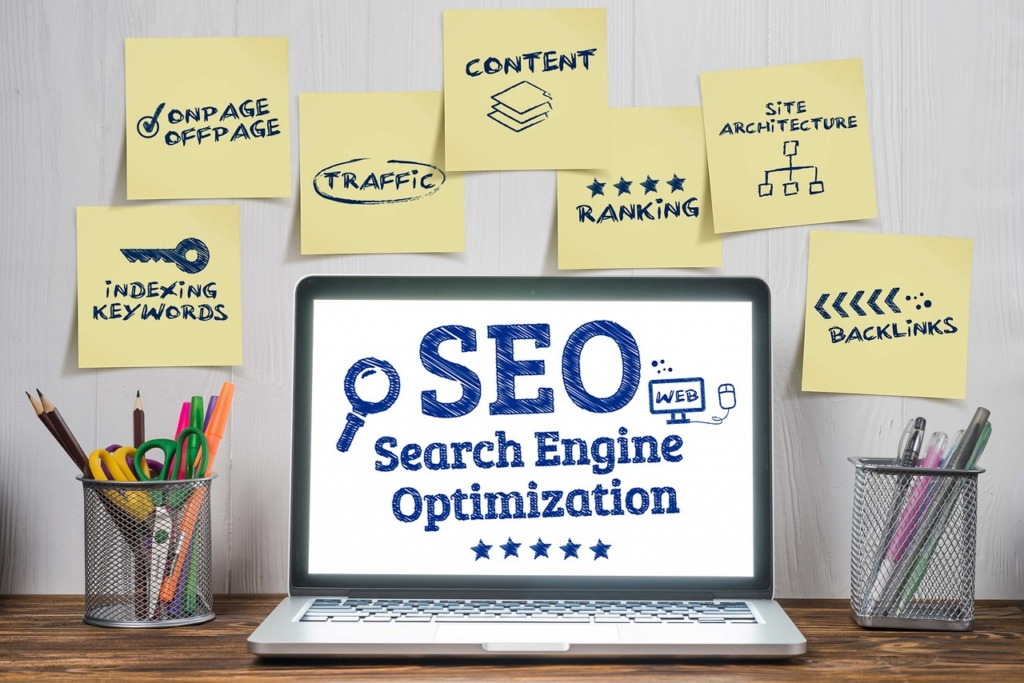
Technical SEO refers to optimizing the website and server to help search engine spiders crawl and index a website more effectively. It encompasses factors like
- Site speed
- Mobile Optimization
- XML sitemaps
- Structured data
Site Speed
Site speed is a crucial technical SEO factor that can significantly impact your website’s visibility and user experience. A slow-loading website can lead to high bounce rates and lower search engine rankings. Optimize your website’s speed by compressing images, minifying code, and leveraging browser caching.
Mobile Optimization
With the increasing use of mobile devices, optimizing your website for mobile is no longer an option but a necessity. Mobile optimization ensures that your website is responsive and user-friendly on various devices, including smartphones and tablets. Google considers mobile-friendliness a ranking factor, so providing a seamless mobile experience to your users is essential.
XML Sitemaps
XML sitemaps are files that provide search engines with a roadmap to your website’s content. They list all the pages on your site, making it easier for search engines to crawl and index your web pages. Submitting an XML sitemap to search engines ensures that your website is fully indexed and accessible to users.
Structured Data and Schema Markup
Structured data is a standardized format for providing additional information about your web page’s content to search engines. Schema markup is structured data that helps search engines understand the context and meaning behind your content. By implementing structured data and schema markup, you can enhance your website’s visibility and potentially earn rich snippets on the search engine results pages.
The Importance of Content in SEO
Why Quality Content Matters
Content is a fundamental aspect of SEO and lays the foundation for your website marketing strategy . High-quality content attracts users and encourages them to engage with your website and share your content with others. Valuable content establishes your website as an authority in your industry and helps build trust with your audience.
The Concept of “Content is King”
The phrase “Content is king” is often used in the SEO world to emphasize the importance of high-quality, relevant content. Search engines prioritize websites that provide valuable content to users, making it essential to invest in creating informative and engaging articles, blog posts, and other types of content.
Keeping Content Updated and Fresh
Regularly updating your content is crucial for maintaining your website’s relevance and authority. Outdated or irrelevant content can negatively impact your search engine rankings. Regularly publishing fresh content and updating existing pages can signal to search engines that your website is active and up-to-date.
Improve Your Website’s Performance with SEO from DDC
In today’s competitive digital landscape, having a solid understanding of SEO basics is crucial for the success of your website. Implementing effective SEO strategies can drive organic traffic, improve user experience, and amplify your brand visibility.
Start your SEO journey today and optimize your website with Design in DCC. We an help you attract organic traffic and boost your online visibility. Contact us to learn more about our SEO and website content services.
